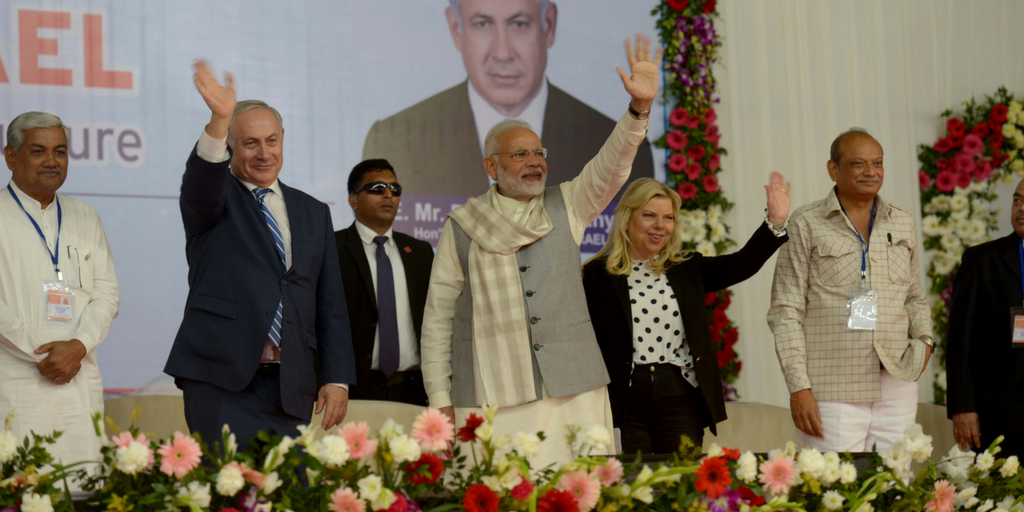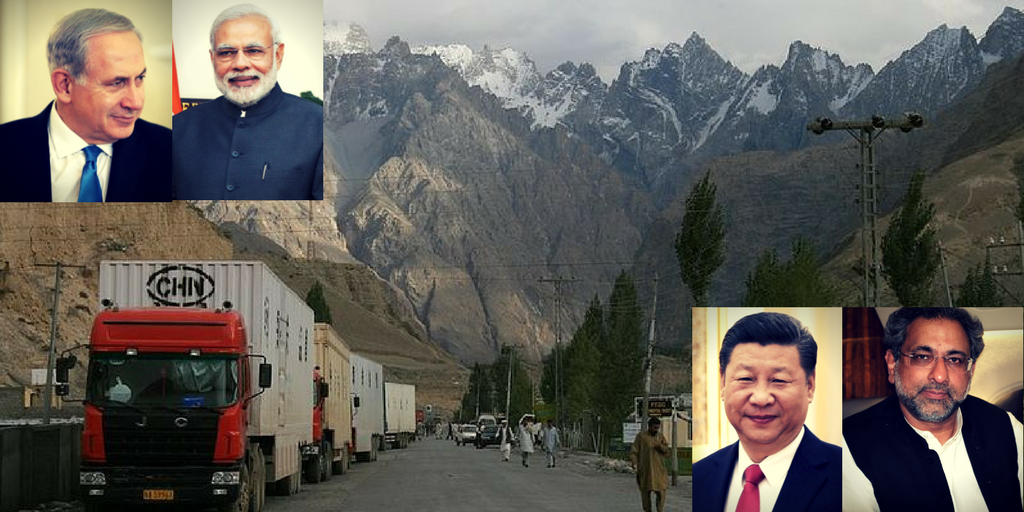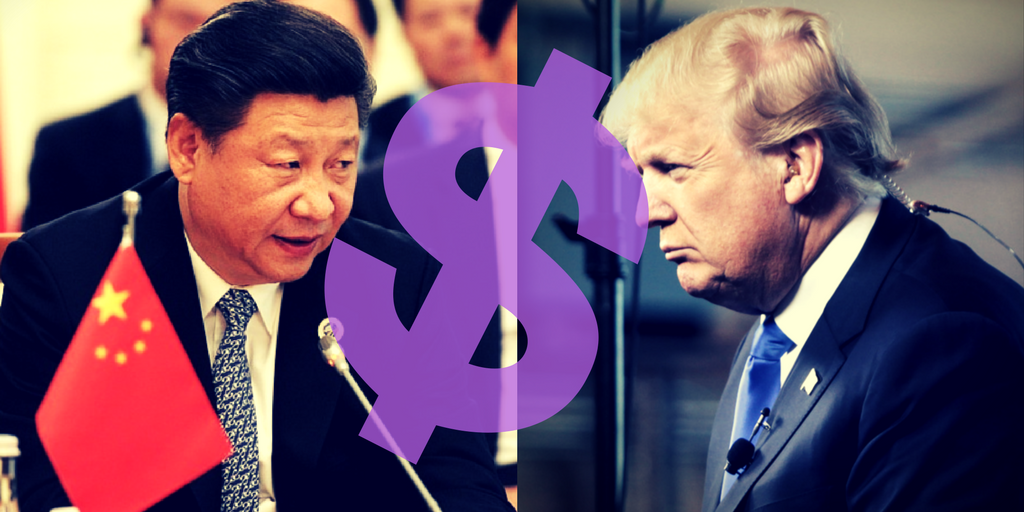Despite India’s publicly cool reception over Washington’s embassy move to Jerusalem, the Modi government continues to build on its alliance with Israel by becoming the top Israeli arms and defense importer for 2017.
In general, there has been a very large increase of Israeli defense contracts to the Asia-Pacific region. The Asia-Pacific region holds 58 percent of Israeli defense deals making it by far the largest region for Israeli defense contracts. Israel’s top three customers, all from the region, include India, Vietnam, and Azerbaijan.
India leads with US$715 million worth of purchase, then Vietnam at US$142 million and Azerbaijan at US$137 million follows next.
According to the Jerusalem Post, Israel’s military exports rose by 41 percent in 2017, the third consecutive year of increased defense exports, which brought in nearly US$9.2 billion in contracts.
Last month, India ended its ban it had placed on Aerospace Industries and the Rafael Advanced Defence Systems Ltd both of Israel, which remained blacklisted since 2006 due to allegations of bribery.
India’s Central Bureau of Investigation (CBI) filed a lawsuit demanding the closure of the criminal investigation against the two companies, which led to US$2 billion deal between India and Israel’s Aerospace Industries. The lawsuit closure led to an agreement between the two nations under which the Israeli company would supply India with Barak 8 surface-to-air missiles.
India’s Concern About China and Pakistan Has Strengthened the Military Cooperation With Israel
Most India-Israel observers have always noted the warm cultural relations between the two ancient countries. Yet, in today’s geopolitical upheavels along with Chinese economic expansion westward by way of the China-Pakistan Economic Corridor and Chinese military alliance with Pakistan, India’s military cooperation with Israel has taken a front seat to the growing trade and cultural ties.
With Pakistan arming itself with Chinese weapons and excacerbating tensions in Kashmir, India and Israel have now grown even closer.
While India may have skipped the US embassy dedication, it barely uttered a peep over Israel’s border defense against Hamas terrorists who posed as civilians. Perhaps this is because, India too has begn to face a militant Pakistan prepared to utilize similar tactics against the only Hindu majority country in the world.





